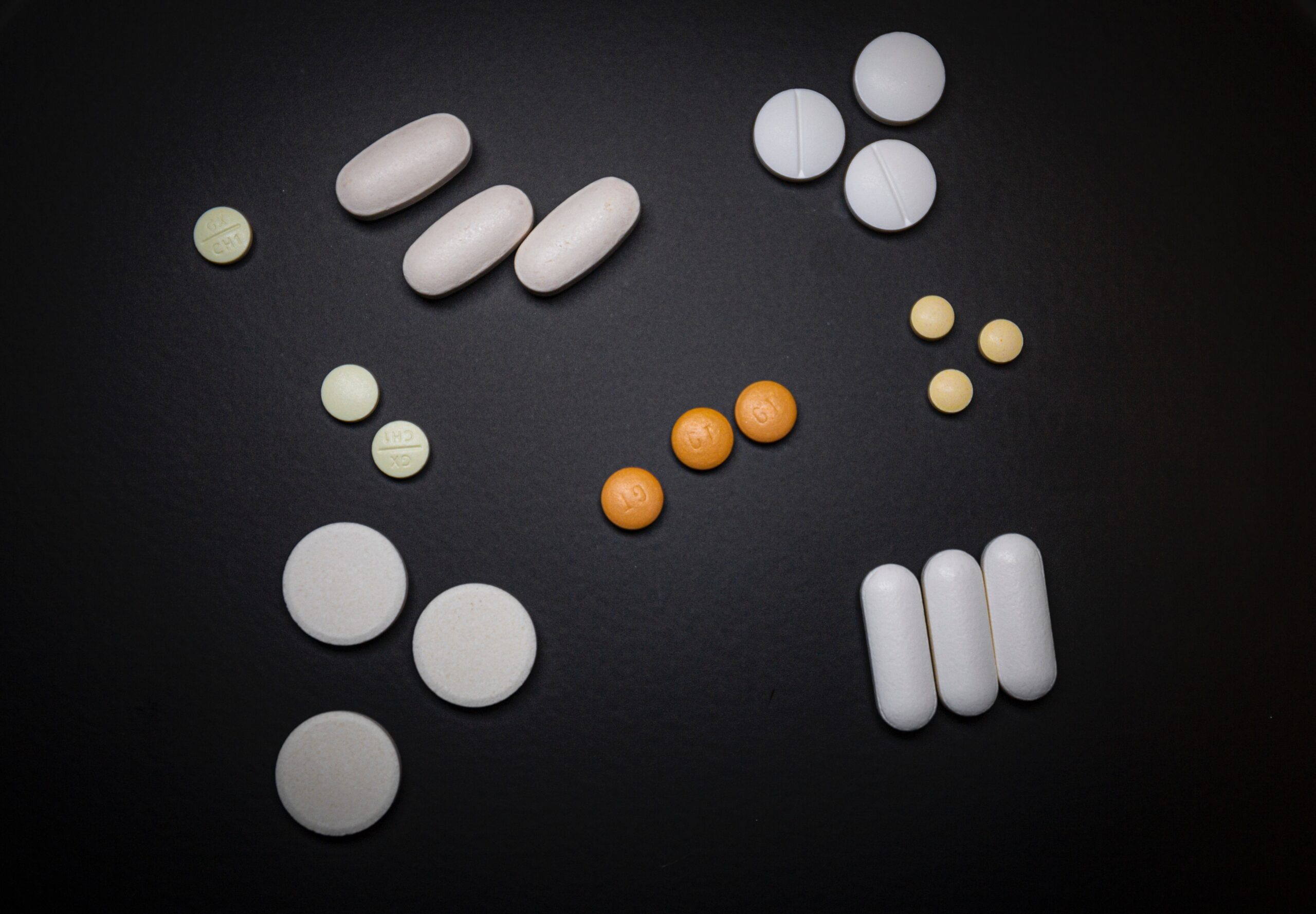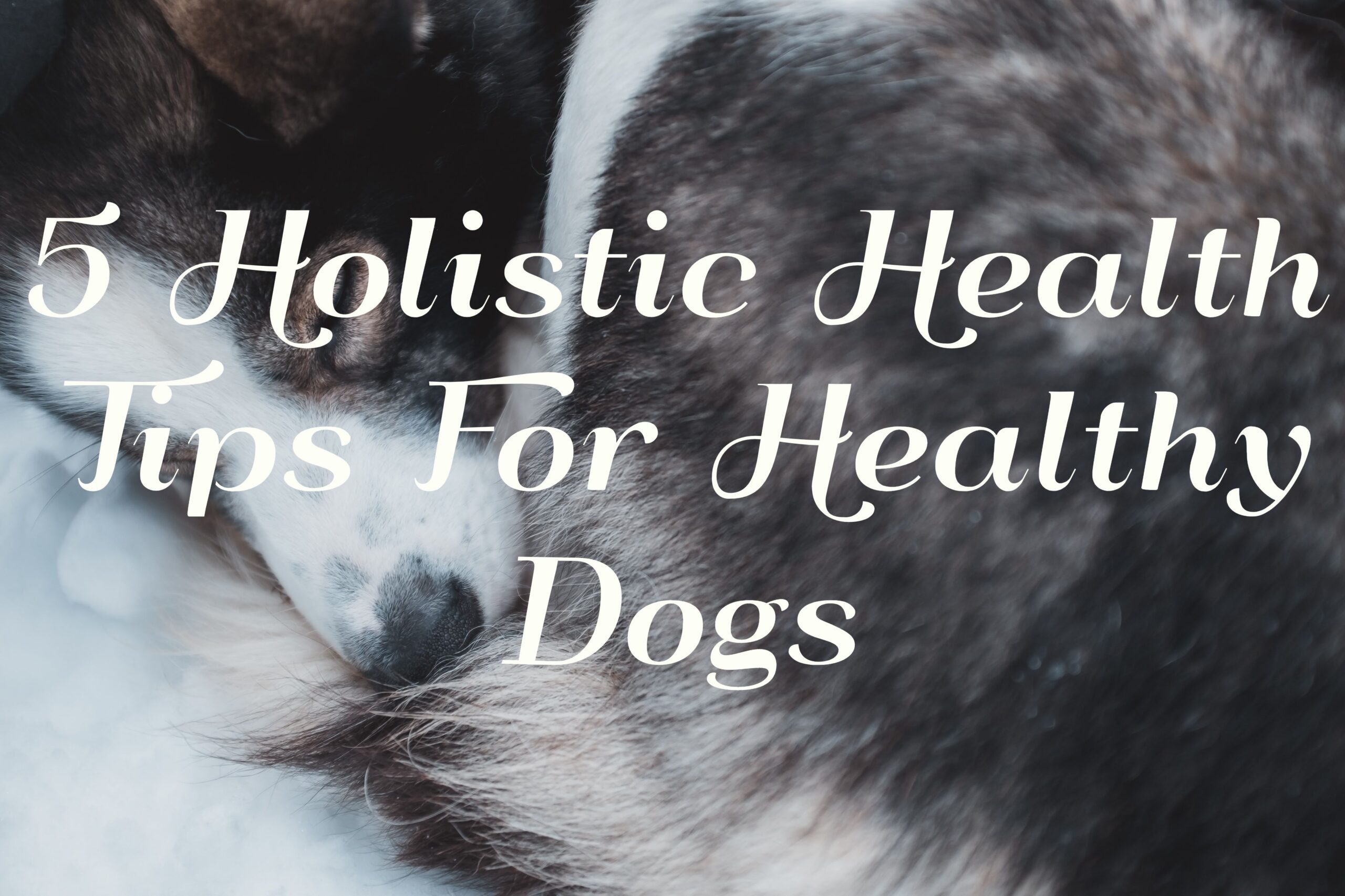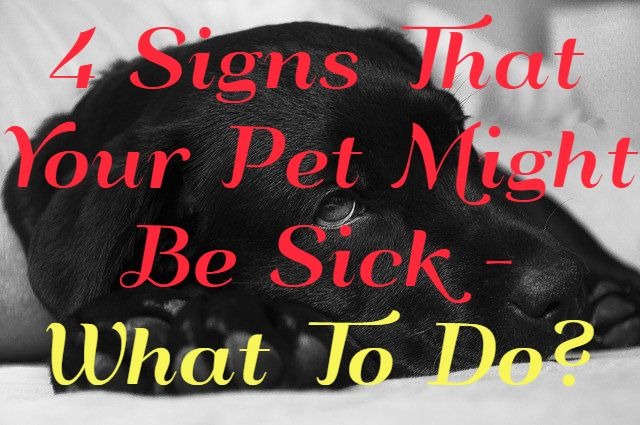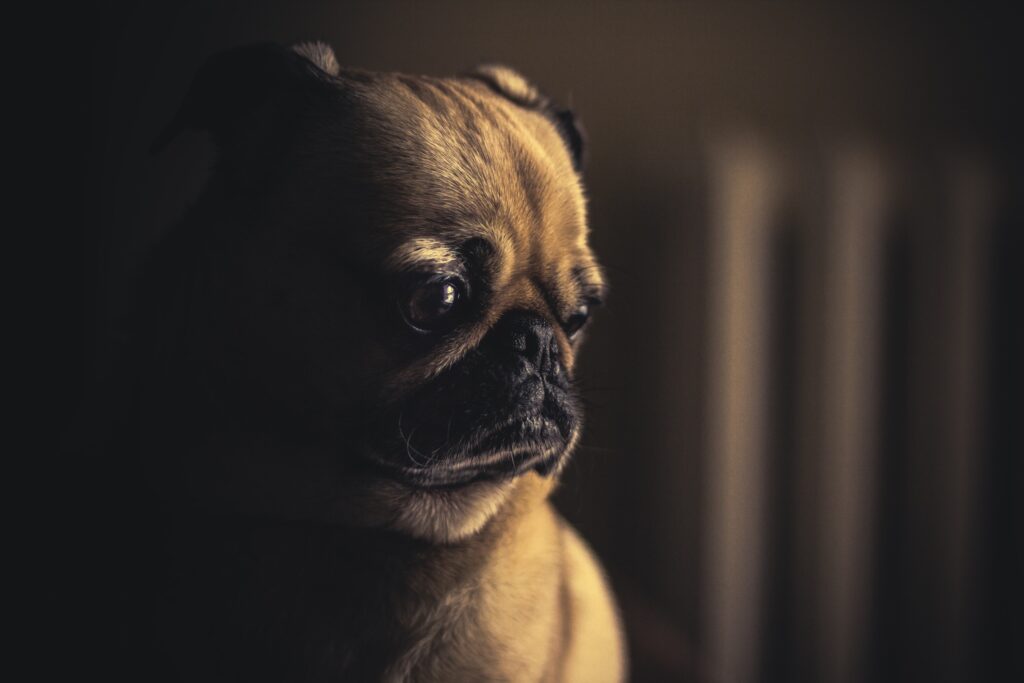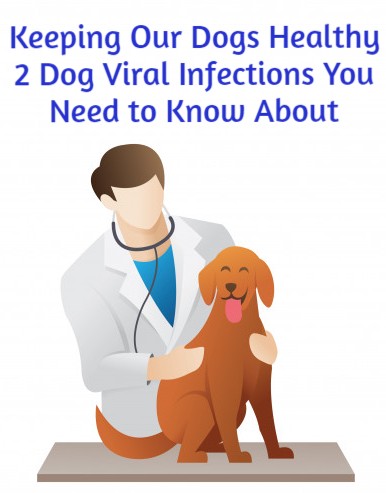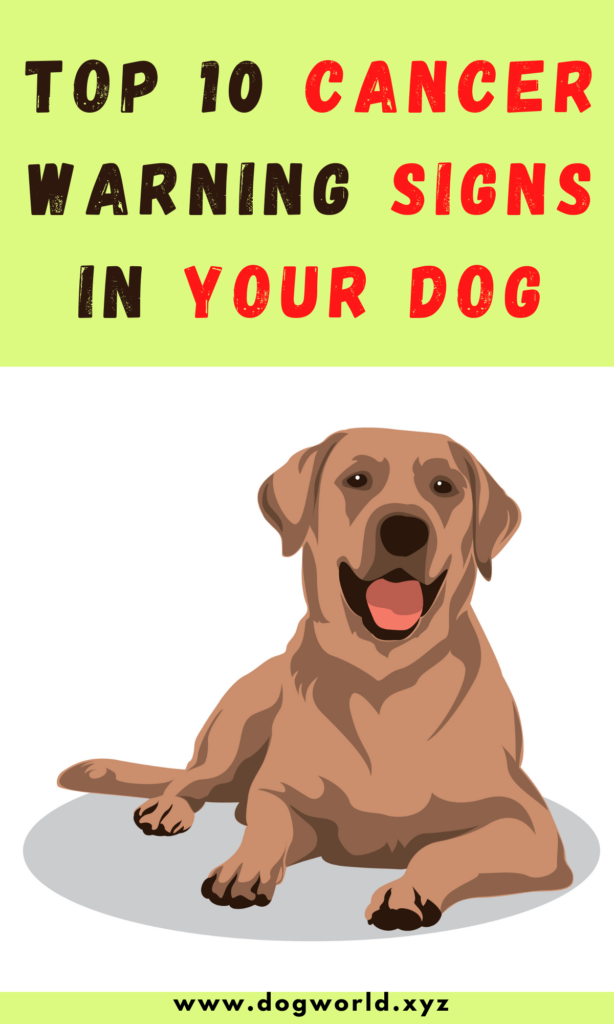
6. Your Dog Has Nosebleeds
According to top vets, nosebleeds are not common especially in older dogs. This can mean cancer in the nose. Something could be stuck in their nose if it is a young dog, but you should always have nosebleeds checked out immediately.
7. Your Dog Has Diarrhea or Other Bathroom Habit Changes
Sporadic diarrhea is not usually a symptom of cancer, but, according to top vets, whether it lasts a long time or gets super serious, your pet needs to visit their doctor. If they still need to go outside, they have issues going to the toilet, throwing up, or getting blood on their stool or urine, which may even mean cancer.
8. Your dog has skin lesions
Veterinarians tell us to regularly check for lumps, bumps, or changes in our dog’s skin. They can be benign or cancerous. In any case, it is best to check early. This is because cancer is easier to cure if detected early. You will need to feel your dog while you pet him for these things. If you find anything, take it to the vet immediately. You will need to take a sample of the swelling or lump to check for cancer. Also, be careful if they have inflammation that doesn’t heal or itchy lesions or painful areas.
9. Your dog is gaining weight
If your dog suddenly becomes fat or swollen, he may have cancer. If they eat less but are still gaining weight, take them to the vet immediately. Also, take them to the vet if they suddenly eat more.
10. Your dog is uncomfortable or in pain
The most likely sign of cancer in a dog in pain. If your dog cries or whines when you rub his stomach, you should take him to the vet immediately. And if your dog seems to be having trouble chewing food because his mouth hurts, you should also get him checked for oral cancer.
Open the next page to continue reading…
Sponsored
Share
[Sassy_Social_Share]
Sponsored

